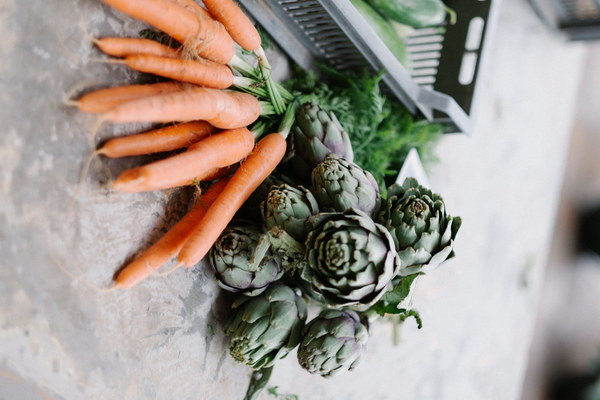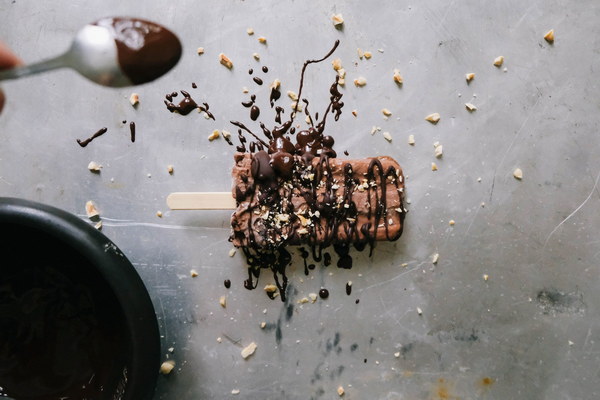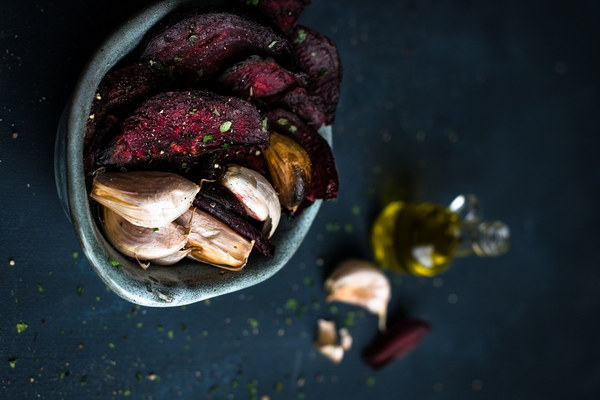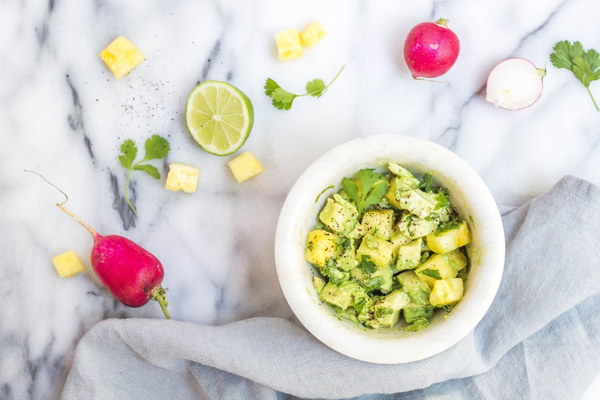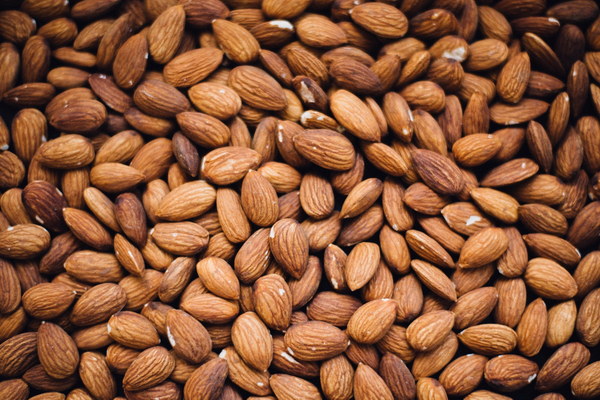Can You Eat Coriander While on Diuretic Chinese Medicine
Are you currently on a regimen of diuretic Chinese medicine to help alleviate dampness in your body? If so, you might be wondering whether it's safe to consume coriander, a common herb in many culinary traditions. In this article, we'll explore the relationship between diuretic Chinese medicine and the consumption of coriander, delving into the potential interactions and benefits.
Understanding Diuretic Chinese Medicine
Diuretic Chinese medicine, often prescribed to treat conditions such as edema, dampness, and water retention, is designed to stimulate the kidneys to increase urine output. This helps to expel excess fluids from the body and can alleviate symptoms associated with dampness. Common ingredients in diuretic formulas include plants like rehmannia, alisma, and astragalus.
The Role of Coriander in Traditional Medicine
Coriander, also known as cilantro, has been used in traditional Chinese medicine for centuries. It is believed to have diuretic properties and can aid in digestion, making it a popular herb in various formulas. Coriander seeds are often included in blends to support kidney function and to help with the elimination of toxins from the body.
Can You Eat Coriander While on Diuretic Chinese Medicine?
The question of whether you can eat coriander while on diuretic Chinese medicine is a nuanced one. Here are some considerations:
1. Potential Synergy: If coriander's diuretic properties align with the purpose of the Chinese medicine you're taking, it might be beneficial to consume it. The synergistic effect could enhance the diuretic action and support overall health.
2. Dosage and Timing: It's important to consider the dosage of coriander you consume. While small amounts of coriander are generally safe, excessive consumption might lead to adverse effects. Additionally, timing the intake of coriander around your Chinese medicine can be crucial. Some may find it best to consume coriander after taking the diuretic medicine to maximize the benefits.
3. Individual Differences: Everyone's body reacts differently to herbal remedies. Some individuals may experience no adverse effects from consuming coriander while on diuretic Chinese medicine, while others might notice increased side effects or discomfort.
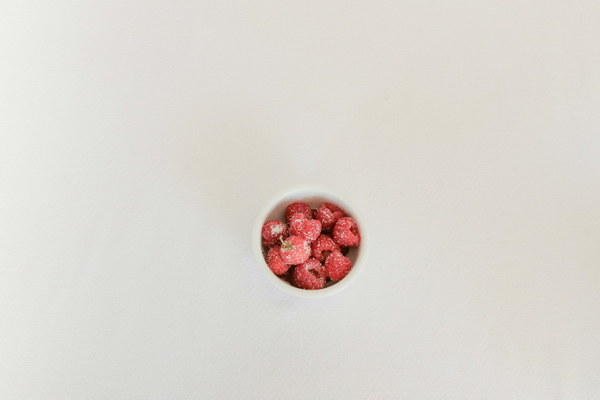
4. Quality of Coriander: The quality of coriander can also play a role. Fresh, organic coriander is often preferred due to its higher nutritional value and reduced risk of contamination.
5. Consultation with a Practitioner: The most reliable answer to this question would come from a qualified practitioner of Chinese medicine. They can assess your specific condition and provide personalized advice based on your overall health and the specific diuretic formula you are using.
Conclusion
In conclusion, while there is no definitive answer to whether you can eat coriander while on diuretic Chinese medicine, it may be safe to do so in moderation, especially if the herb's properties align with the goals of your treatment. However, it's crucial to consult with a healthcare professional, such as a practitioner of Chinese medicine, to ensure that the combination of coriander and your diuretic formula is appropriate for your individual needs.
Remember that traditional herbal remedies can interact with other medications and dietary supplements, so it's always best to err on the side of caution and seek professional advice before making significant changes to your diet or treatment plan.

